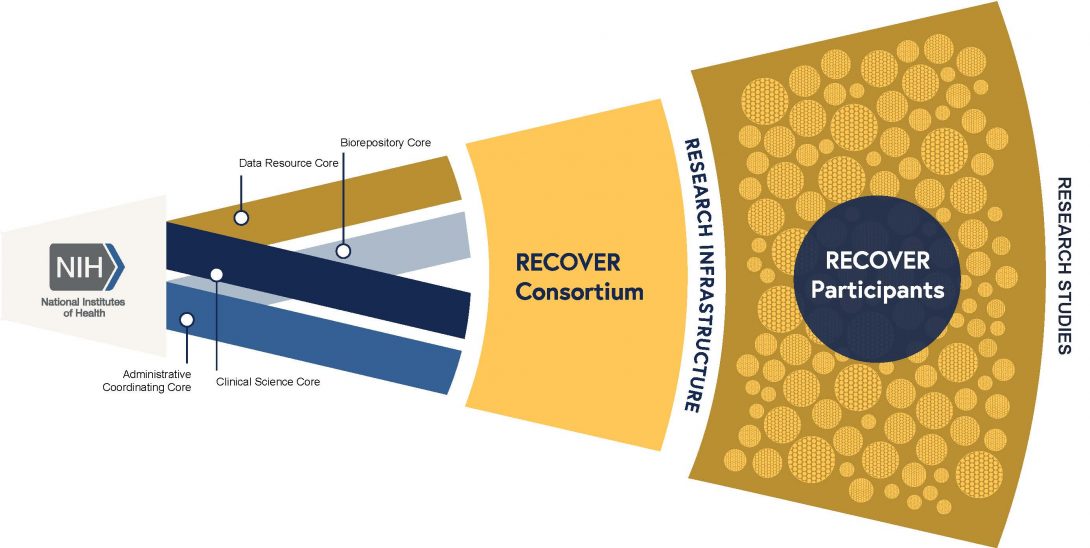UIC Researchers Featured in NIH Director’s Blog
story Heading link

CCTS research partners Asrar Malik and Jalees Rehman were recently featured in the NIH Director’s Blog for their work on engineered proteins to treat COVID-19.
Jalees Rehman, professor in the department of pharmacology and regenerative medicine and the department of medicine, is a co-lead author of the study, “Engineered ACE2 decoy mitigates lung injury and death induced by SARS-CoV-2 variants.”
The study’s findings include valuable insights into mechanisms of SARS-CoV-2 induced injury, including how different variants affect the blood vessels of lungs during the infection and also about the long-term vulnerability of the lungs. These findings help lay the foundation for future mechanistic work as part of UIC’s RECOVER study, a research initiative from the National Institutes of Health that seeks to understand, prevent, and treat post-acute sequelae of SARS-CoV-2 (PASC), including Long COVID.
“It points to some of the mechanisms that RECOVER will focus on when studying the potential long term complications,” said Rehman.
The RECOVER Consortium represents more than 100 researchers who are leading studies on Long COVID at more than 200 sites around the country. Led locally by Jerry Krishnan, associate vice chancellor of the population health sciences program and professor of medicine and public health, these studies have a diverse group of participants, including adults, pregnant people, and children. As part of the Consortium, UIC will participate in an intensive effort to learn about the recovery process following infection with SARS-CoV-2 and why some individuals have prolonged symptoms.
Rehman, who is on UIC RECOVER’s committee for mechanistic pathways, explained that the data and biospecimens collected will be used for subsequent analysis through future funding opportunities. His team hopes to conduct additional gene expression analyses to better understand mechanisms of the immune system and blood vessel injury in patients who have recovered from the acute COVID-19 infection but may continue to experience symptoms.